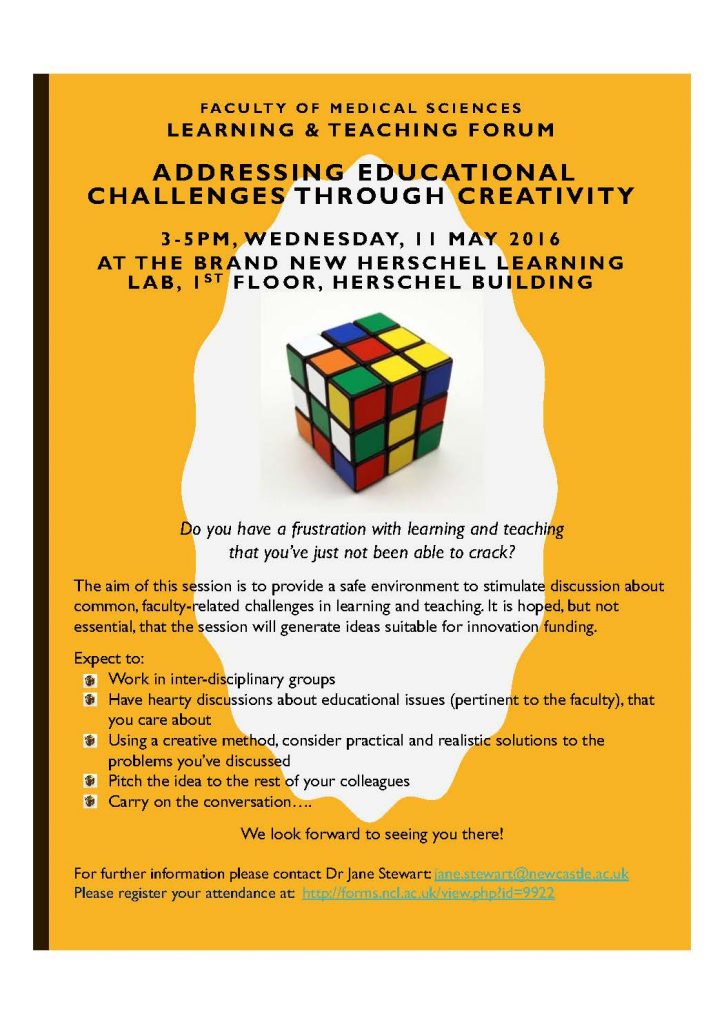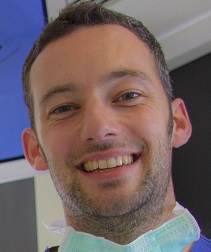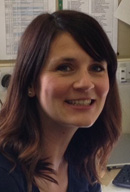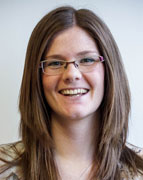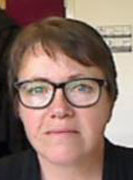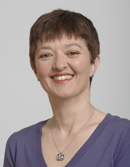 What route has your career taken to get you where you are today?
What route has your career taken to get you where you are today?
I first moved to Newcastle as a new post-doc, setting up a molecular biology lab for the university spin-out company, Novocastra Laboratories. I then moved to an RA post in the Department of Virology on an MRC training fellowship and later to a senior RA post in the musculoskeletal group. During this 12 year period I had my 3 children and worked part-time after the arrival of number two. As time went on I came to realise that the part of my job I enjoyed the most was teaching and mentoring younger students in the lab and I started to take on some undergraduate seminars as well. I was on the verge of leaving academia altogether and retraining as a school teacher when a teaching-focussed lectureship came up in the School of Biomedical Sciences – I applied and was appointed along with Chris Baldwin in 2006. It was the best move of my career! I’ve found teaching hugely enjoyable and rewarding and love the infinite variety of the job. I became steadily more involvement in administration and management of the programmes, including becoming Senior Tutor and chairing the exam boards, and was promoted to senior lecturer in 2009. I went on to become Deputy Head of School before being appointed as Head of School in August 2015.
What do you find most challenging about working in HE learning and teaching?
Finding time to think! From speaking to colleagues in the Faculty, across the university and from other HE institutions it’s clear that we’re all experiencing increasing demands on our time. The increase in student numbers, levels of student expectation and associated admin have all contributed to this and it can be tricky to protect time to develop new ideas and give some thought to scholarship of learning and teaching. I’ve tackled this recently by taking part in the EquATE programme – a cross-faculty programme facilitated by colleagues in the Research Centre for Learning and Teaching (CfLaT). The Equate days have created much needed space in my diary to focus on an educational research project and have also led to collaboration with Sue Thorpe in the School of Psychology, who’s brought a new dimension and expertise to the project.
What’s the best thing you’ve been involved in since you started working with Newcastle University?
I particularly enjoyed being involved in development of Personal Tutoring across the university. One of my first roles in the school was to act as a Phase 1 adviser, providing back-up for the personal tutoring system. At the time this role was fairly novel in the university and, when Personal tutoring was identified as an area for development in the 2009 QAA Institutional Audit, I was invited to join a working group to review university Personal Tutoring policy. Tutoring practice varied enormously across the university and one product of the working group was the Personal Tutoring Framework, which outlined minimum expectations for tutors and tutees. I also worked with colleagues in the Student Wellbeing service to develop Personal Tutor training and have helped to facilitate training workshops for CASAP and SDU since then.
What’s the wisest piece of advice you’ve received from a mentor or colleague?
Don’t send an email when you’re angry – sleep on it!
What’s your top educational research interest
I’ve previously published on the use of attendance monitoring to identify students who are becoming disengaged and using this as a trigger for proactive intervention. More recently I’ve started investigating the extent to which students are distracted from study by social media use and strategies which they use to control this distraction. I have to confess to often fighting the compulsion to “phone check”, so I became intrigued as whether today’s students, most of whom who can text faster than I can speak, deal better with this distraction than I do. Previous studies have shown both negative and positive correlations between frequency of social media use and academic performance, depending on how the social media is being used. I would love to know how we can enable students to avoid the distracting aspects of social media (when studying) so that they can reap the potential benefits.
If you could have dinner with 3 famous people from history who would they be?
Much easier to answer from the living – but if pushed I’ll go with Jane Austen, Freddie Mercury and Mozart. With plenty of wine. I bet it wouldn’t be dull!
Dr Debbie Bevitt, Head of School of Biomedical Sciences


